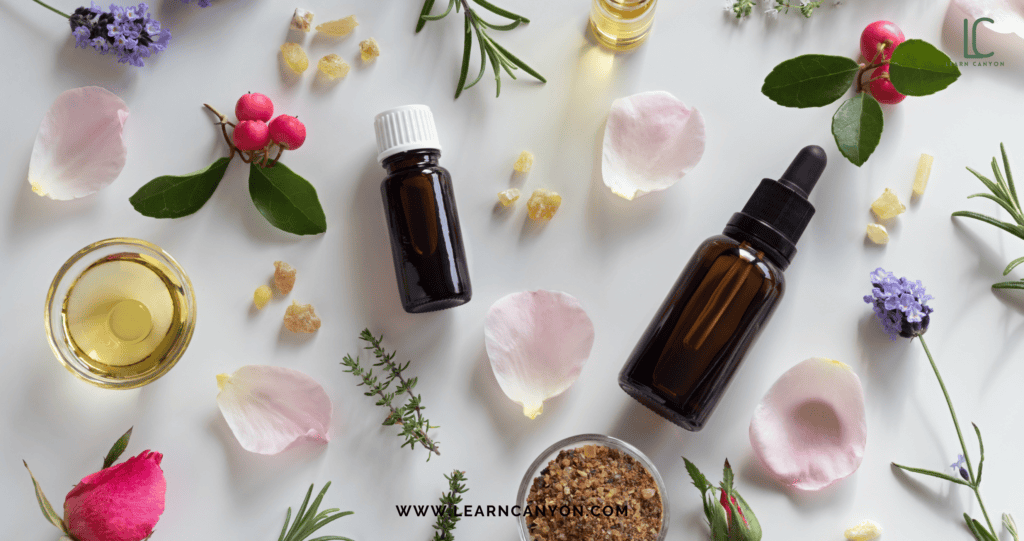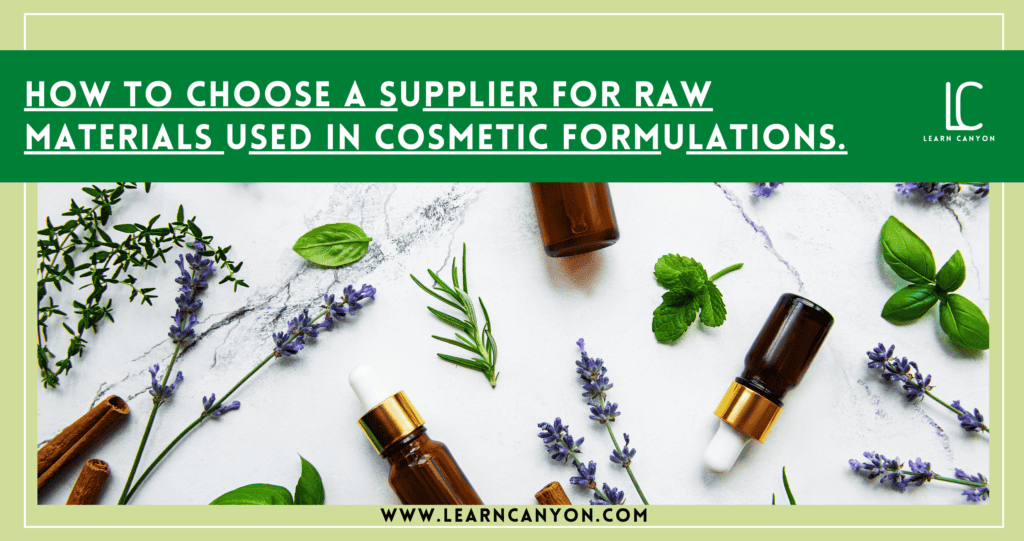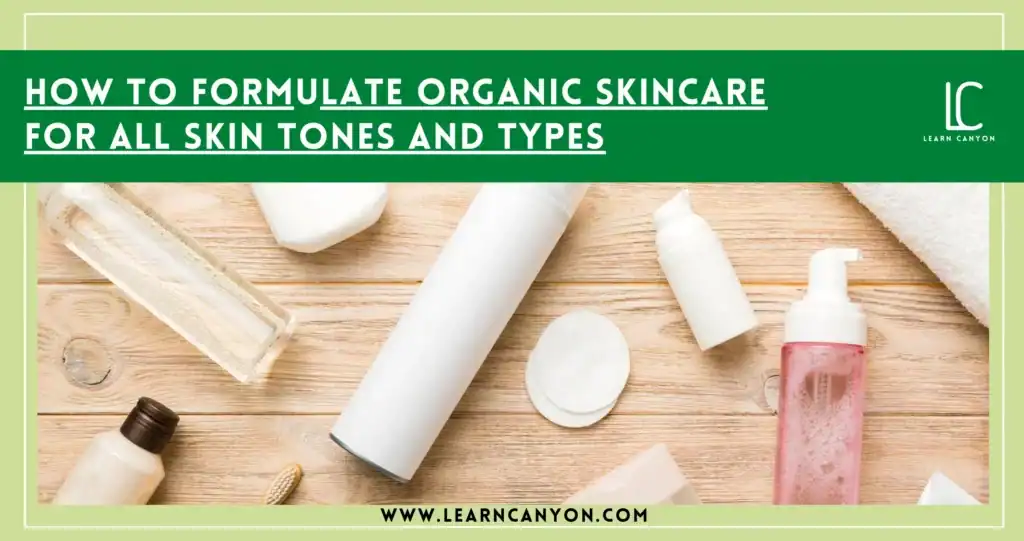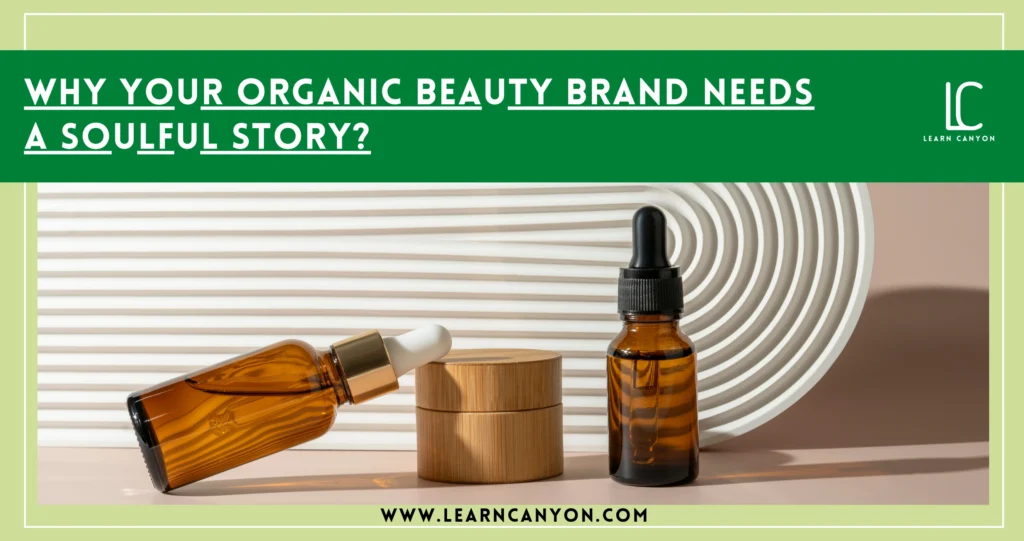In this blog today we are going to discuss and understand some Fundamentals of Analysis. In this case the Analysis needs to be done for the SELECTION OF A SUPPLIER FOR RAW MATERIALS REQUIRED IN THE FORMULATIONS.
The cosmetics sector is ever expanding, with good growth and significant profits. In recent years, a lot of new business brands have emerged, and many more are eager to enter the market with new goods bearing their names. However, branding one’s own company with a new product is a laborious task and appears difficult. It is necessary to take care of numerous duties like product design, production, branding, and marketing.
When you are about to start any cosmetic manufacturing there are a few important things that you need to pay utmost attention to. Apart from the Line of products, its development and efficacy there are certain other very important factors to consider for a smooth flow of Raw materials, the processing of these materials into a finished product and finally the Supply or introduction of the product in the consumer space that is the market.
In this respect from a commercial angle the selection of the supplier is predominantly based on one and only one factor the PRICE.
Price
Price is most frequently mentioned as the determining factor in the choice of raw materials, but it is rarely, if ever, the only factor responsible for the selection of the raw material supplier.
In addition, though Price factor does play a major role in the choice of a raw material and supplier, other factors like
Functionality & Performance efficacy,
Specification and quality,
Availability,
MOQ,
Safety and Regulatory compliance,
Green certifications and retailer requirements
are equally important and essential.
It is hence critical to understand each aspect while selecting a supplier.
Functionality and Performance efficacy claims
When a formulator designs a product, it is expected to show some results. These results mean the performance of the product in the intended manner to enhance the beauty of the user.
The intended functionality in the product formulation, may include qualities like emulsification, moisturization, cleansing, thickening, colouring, brightening, acne reduction, fragrance or preservation.
Functionality is usually the starting point for the selection of a raw material and subsequently the supplier. Another important aspect apart from the functionality is the nature of the product form and type of packaging (cream, gel, hot pour, spray, stick, etc.) which must be considered as this will affect how the product is applied, feels, and is dispensed to the customer.
Additionally other factors to take into account are the stability and compatibility of the raw material and eventually the finished product with the packaging.
In order to prevent situations that may create future problems like rupture of packaging or instability of formulation it is important that, a good technical data sheet or other supplier material list that mentions known incompatibilities and stability issues like pH restrictions, the potential for oxidation, tolerance to changes in temperature and ability to retain colour are obtained from the supplier.
An excellent and well-known example of an unstable ingredient is the limited stability of Vitamin C in water-based formulations, pH restrictions as a result of the addition of the new preservatives available in the market.
The Efficacy claims made about a raw material though occasionally a more subjective factor should be supported by valid documents by the supplier. All ingredient efficacy claims should be supported by relevant test procedures and relevant statistics.
If the claims seem too good to be true, they probably are. It pays to exercise scepticism and caution.
Read the Article on Vegan And Cruelty-Free Haircare Formulation: What Every Natural Formulator Needs To Know
Specifications and Quality

The supplier’s manufacturing skills and quality of a raw material is shown by the specification. This can be determined by its range. This also reveals the authenticity and Quality of each raw material and hence the credibility of the supplier.
These specifications and the evaluation of how the ranges given will affect the final product, particularly when working with any novel ingredient will make or break a formulation.
Think about whether the stated variance is acceptable and whether it can be made better. These qualities not only affect how well your formula performs, but they can also be used to confirm that the substance has not deteriorated or picked up contaminants. Comparing specification tolerances and formulation performance from various suppliers or vendors of a desired ingredient is a good notion when it is practical.
Certification in accordance with ISO 9001, or the International Organization for Standardization, is an indication of a supplier’s dedication to Quality. The ISO 9001 standard specifies standards for a Quality Management System (QMS) and requires a continuous improvement process that lowers errors, boosts productivity, and guarantees reliable delivery of goods that satisfy customer needs.
Availability
In a highly crowded market, incorporating cutting-edge technologies or rare ingredients can give businesses a significant competitive advantage, but when the inventory of those ingredients is dependent on a single manufacturer or supplier, supply chain disruptions can have disastrous effects.
Exotic extracts and oils that can only be obtained from particular regions can expose you to supply chain disruptions and may not be the most sustainable choice given the environmental impact of shipping.
Even some of the most common raw materials have supply chain vulnerabilities as a result of the COVID pandemic, which has also resulted in rising prices as a result of workforce shortages and transportation bottlenecks.
Lead times may affect your production schedules and hence knowing the availability of the raw material with a few other suppliers is very important.
Minimum Order Quantities (MOQ)

The smallest amount of raw materials a seller is willing to sell per order is known as the minimum order quantity, and it may not always correspond with your manufacturing or inventory plans.
MOQs are implemented for a purpose, despite the fact that it may be frustrating. Suppliers must make a profit without sacrificing product or service excellence.
In such a scenario it is always best to use a distributor. Using a distributor for raw products could be beneficial as distributors are efficiently positioned to be more efficient to service small businesses by providing more flexibility in MOQs or a total minimum purchase amount and are able to service small quantities.
Distributors handle a variety of product lines. Smaller clients might also receive more attentive technological support from them.
However, since a distributor operates their own warehouses and hires their own sales and customer support personnel, you will probably pay more for raw materials because they need to factor in their own profit margins to stay in business.
Safety substantiation and regulatory compliance
Today, using any raw substance necessitates a comprehensive dossier of technical data that satisfies regulation and safety standards, as well as proof to back up constantly changing non-governmental organization (NGO) and retailer certifications. While NGO certifications for sustainability or naturalness are significant, safety information and regulatory compliance are also necessary and may forbid the use of even the most intriguing components.
Additionally, since many ingredients have a lengthy history of safe use, extra safety data may be found in scientific journals or historical literature.
Cosmetic ingredient suppliers frequently have safety data on their products. The best source of knowledge about the safety of specific ingredients is unquestionably Cosmetic Ingredient Reviews (CIR). They are carried out by a distinguished group of scientists, including toxicologists and medical specialists, and offer a thorough, critical evaluation of pertinent studies.
The group of colorants is an excellent illustration of rigid regulation compliance. Everywhere in the world, colorants used in cosmetics and personal care products must come from a list that has been authorized and safety-tested, and they must also meet certain requirements for identity, source, and impurities.
Once all testing criteria have been met, a distinct batch certification number is given to each lot of color.
The FDA must recertify a colorant due to the risk of contamination or adulteration if it is subsequently repackaged for sale after this initial round of testing, such as if it is being portioned into smaller containers.

If the batch certification number is not listed on the certificate of analysis, you should request it from the supplier. This will ensure that the ingredients have been correctly certified.
Green certifications and retailer requirements
The modern consumer seeks out goods that are more than just functional; they want to spend money wisely and make choices that are consistent with their beliefs. Some of these assertions include being eco-friendly, sustainable, cruelty-free, and ethically sourced.
The number and variety of credentials supporting these assertions are expanding. A few of these new certifications will ultimately emerge as the most significant for the customer, much like the debate surrounding the definition of natural cosmetics in the 2000s. Furthermore, not all natural ingredients can be obtained sustainably, which puts some claims into question.
Due to their high cost of production and requirement of tens of thousands of Dollars of raw materials, essential oils are frequently diluted or altered during production.
Whether or not it is supported by science, the idea of pure beauty will never go away. Before even beginning the process of product creation, retailer clean beauty lists are becoming more complicated and call for you to cross-reference ingredients with a list of prohibited materials to ensure you can be compliant.
Unfortunately, this makes the job more difficult because the lists may differ significantly from retailer to retailer. Technical literature from many ingredient suppliers is starting to include this information, and there are some databases that allow you to simultaneously look for these restricted ingredients for a number of stores.
Although selecting the right ingredient can be challenging and the list of considerations above is by no means complete, the success of the finished product in terms of marketability, quality, and safety will depend on how the assessment process is structured. To reduce risk, carefully select each ingredient and its supplier to make sure it lives up to expectations.
There are still many other factors that influence the choice of a supplier
Delivery – The ability of the supplier to meet specified delivery schedules which include lead-time, performance, fill rate, returns management, location, transportation, etc.
Performance history – The performance history of the supplier in the financial, economic, social, organizational, and societal area.
Production capacity – The volume of products or services that can be produced by a supplier using current resources.
Technology and capability – The technological capability of a supplier and ability to acquire new technologies and technical resources for research and development practices and processes.
Cost – The cost is a monetary valuation of effort, material, resources, time and utilities consumed, risks incurred, and opportunity forgone in production and delivery of a good or service.
Mutual trust and easy communication – The level of trust on the quality of the work provided by supplier. And refers to the obligations owed between the buyer and the supplier. The easy communication is a simple exchanging of information between the firm and the supplier.
Communication system – The communication system of the supplier including information on progress data of orders.
Reputation and position in industry – A ranking and reputation of a brand, product, or company, in terms of its sales volume relative to the sales volume of its competitors in the same industry.
Supplier’s profile – The superiority and reputability of the supplier’s status, past performance, finance, certificates, and references.
Conflict Resolve ability – The reputability of the supplier’s management team and the efficiency of their decision making to resolve issues in order to be both effective and beneficial.
Behavior – The behavior of the supplier while you are in contact with them such as politeness and confidence.
Geographical Proximity – The geographical location of the supplier. Is the location easy to access.
Service – The ability of supplier to provide intangible products including the customization, minimum order quantity, communication, industry knowledge, flexibility, and response to change.
Professionalism – The supplier’s competence or skill expected of a professional.
There are the few important things that are to be taken into account when searching for Suppliers or Vendors for the raw materials required in your cosmetic formulations.
If most of the answers to the following questions are affirmative the you are on the right track of selection.
Are they reliable?
Can they accommodate your needs?
Will they be able to meet demand, or will you struggle to maintain inventory?
All of these inquiries are crucial from a formulators/ manufactures point of view as these will ensure you that your business is associated with the appropriate supplier.
FAQ’s
What do you mean by Supplier Selection?
The process of selecting which potential vendor or supplier an organisation should do business with is known as supplier selection. Establishing a beneficial business partnership with a dependable seller who offers the best value for money is one of the main objectives of the supplier selection process.
Why is it important to select a supplier?
The process of choosing a supplier is crucial because it lays the groundwork for a long-term, business-to-business relationship with suppliers, which has a significant impact on whether a company succeeds or fails.












